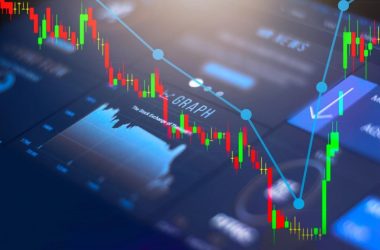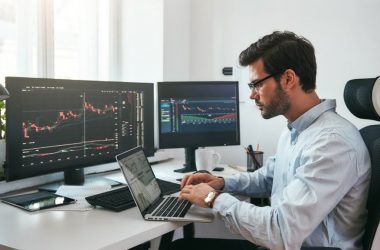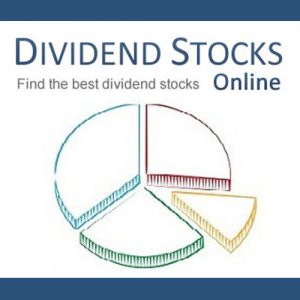It is recommended to follow a straight forward process when choosing the best broker with low commission. In the next step, you’ll have to compare forex brokers using various criteria. Third, pick a few brokers that you like the most , and then open demo accounts with them to give an attempt.
It is important to review the customer support of your broker to see if they can respond quickly to your questions and whether their service is sufficient for the demands of trading.
The most challenging thing when selecting a forex broker is to determine what trading parameters are crucial for you. Every broker has strong and weak points, and you are the one who decides what is most important, and which can be ignored.
The Company Type: There are many kinds of forex brokers: dealers, brokers and ECN brokerages.
In order to send orders to a third party, brokers use Straight Through Processing (STP) methods. Brokers are charged fees. In some cases market makers may charge fees for transactions that are accepted at their desk. Spreads vary depending on whether the market maker or the dealer sends the transaction. Dealers (or dealing desks) are an integral component of every market maker and are an important tool in the monetary practice. Market makers interact with global banks to constantly keep forex operations under control and to reduce the overall risk in relation to revenue and conversions. In the course of the day, forex traders receive two-way pricing from their brokerage firms. Fixed quotation is an agreed price through the day. A dynamic spread system is, however, indicates changes in quotation due to fluctuations in the liquidity of currency.
When you review the daily operations between different market makers you’ll see that each one provides a price for each currency pair. This is slightly different from the prices given by market makers for forex. ECN is a term that is used in retail forex. ECN in the forex market is totally different from ECN as it is understood on the market for equities. ECN is a broker on the forex market and works with various market makers and trading desks. ECN receives quotation amounts and prices from dealers before distributing these to customers. Spreads are calculated based on the difference between the highest bid and best price at any moment on ECN.
Trading Platforms
Traders can pick the right tools and software for trading them. Some traders prefer web-based apps and others choose desktop software. The right trading platform is crucial for traders regards to their preferences in trading.
Prospective clients need to verify that a platform is secure enough to avoid system crashes or freezing, which can occur during international breaking news events and other occasions. The reliability of the platform is to be the primary element of any platform. Design and facility are secondary. This is especially important to traders who are aggressive (intraday or scalpers) trading frequently during lengthy sessions and at any point during the 24-hour timeframe.
Different types of trading accounts
Trading accounts depend on the number of lots that are traded, therefore they fall into several types: standard, mini micro, mini accounts. A typical lot includes 100,000 units. A mini account has 10,000 units. A micro account is 1,000 units. And, with some best higher leverage offshore brokers it is possible to setup accounts of a particular size.
Accounts that have little capital are usually geared towards forex novices who are just beginning to explore the forex market. They are looking to test currency trading without taking any risks for their health.
Fees and Commissions
Some brokers for forex can charge fees and commissions that are essential to traders when making their decision about which forex company they want to trade with. In that case, they earn from spreads, so be sure to check the amount of pips to be paid to the broker per trade.
Fees are typically paid to cover data supply, regulation, exchange operations and data provision. An investor must be aware of real costs. These are contingent on trading volumes, frequency of operations, and other data. The trader should calculate the fees anticipated and integrate them into the strategy of trading.
All in all, all the commission structures located currently fall into three categories. They all depend on the spread amount. It is the variation between the price of selling and buying. There are three kinds of commissions including fixed spread or variable spread, and percentage of spread. With some brokers it is possible to choose between fixed and variable spread.





